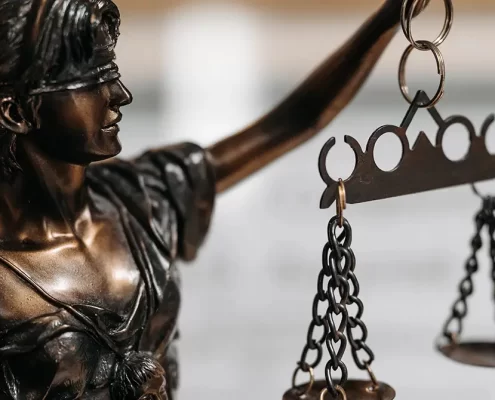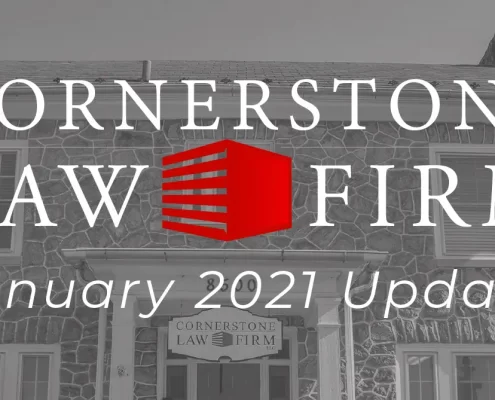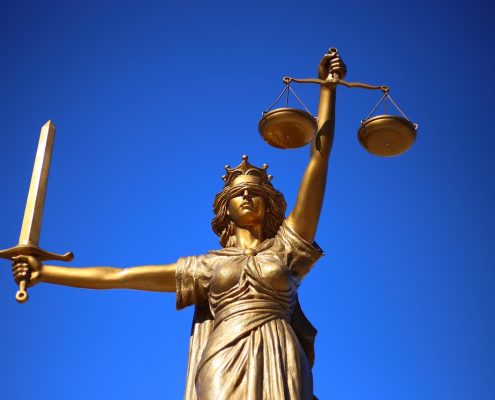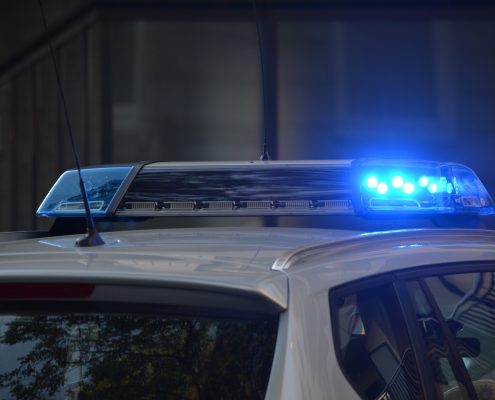
Injured in a car accident in Berks County, Pennsylvania? Here's what to do
Berks County, Personal InjuryWhen you have been injured in a car accident in Berks County, what steps should you take to protect yourself? Dealing with an insurance company can be very difficult and having your case prepared properly is very important. Here are three steps…

Four steps to take when you’re served with a false Protection from Abuse Order
Berks County, Civil Law, Custody, DivorceProtection from Abuse Orders, or PFAs, are the mechanism that Pennsylvania uses to protect someone claiming to be the victim of domestic violence. Some states refer to this as a “restraining order,” but in Pennsylvania, the concept is strictly…

January 2021 Update
Berks County, Business Law, Car Accident, First Amendment, UpdatesAttorney David Crossett has continued working through personal injury claims for car accident victims in Reading, Pennsylvania this month. Speaking of clients who are concerned about whether their car insurance was sufficient during a car accident,…

Civil Forfeiture Can Lead to Injustice
Berks County, Civil LawA recent article in WITF, a central Pennsylvania news organization, addressed a growing issue in Pennsylvania - asset forfeiture abuse.
Cornerstone Law Firm Attorney Joel Ready was interviewed in the WITF article:
Berks County defense lawyer…

What do I do if I get a traffic ticket?
Berks County, Traffic TicketIf you’ve been pulled over and given a traffic ticket, or if you’ve received a traffic ticket in the mail, you should think carefully about your options before pleading guilty to it. When you plead guilty to a traffic ticket, you will incur…

Three Things to do after a Berks County Car Accident
Berks County, Car Accident, Insurance, Personal InjuryIf you've been in a car accident in Berks County, Pennsylvania, there are three things you should consider doing right away. In this video, Attorney David Crossett breaks down immediate steps you should take.
https://www.youtube.com/watch?v=1J9rnqmr4qI
If…

Public Drunkenness and Kutztown University Students
Berks County, Criminal Lawhttps://youtu.be/Eord5m98SOg
At Cornerstone Law Firm, we’ve helped many Kutztown University students who are accused of crimes. When a college student is charged with public drunkenness or another crime involving alcohol or drugs, the impact…

3 Reasons You Need a Will
Berks County, WillsEveryone needs a will. Every year, individuals die without wills, and their families deal with a great deal of unnecessary headache, stress and sorrow because of the unpreparedness of the family member who passed away. But despite the fact that…
